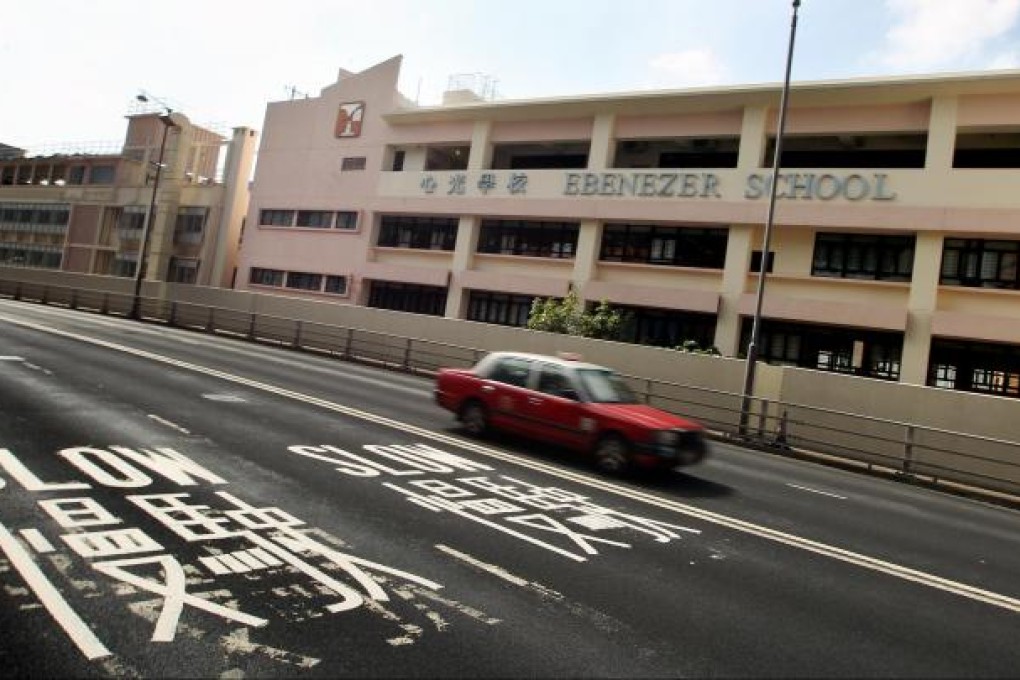Mid-Levels unlikely to see rush to develop
Bad roads and traffic jams pose deterrent, while most land in Pok Fu Lam is not in private hands

News that the government might lift restrictions on property development in Pok Fu Lam and Mid-Levels has drawn a lukewarm response from landlords and buyers, according to industry players.
"We haven't seen any immediate market response so far, maybe because there aren't a lot of private properties available for redevelopment in Pok Fu Lam," said Raymond Li Ngai, senior sales director at Centaline Property Agency.
Chief Executive Leung Chun-ying announced in his maiden policy address last week that the government would consider relaxing or lifting moratoriums currently in force to restrict the sale of new land or modification to leases in Pok Fu Lam and Mid-Levels. The move would be aimed at lifting existing development restrictions in these two areas and thus boosting land supply.
Introduced by the government in the 1970s, the moratoriums prohibit new land sales or redevelopment of buildings into larger projects without the Executive Council's approval. The purpose of the restrictions was to limit the growth of traffic in these two areas.
A government source explained the relaxation now being considered would mainly target further developments in Pok Fu Lam, as the government itself owns sites near Wah Fu Estate and Chi Fu Fa Yuen.
Li said Hang Lung Properties' project at the Ebenezer School & Home for the Visually Impaired in Pok Fu Lam Road, as well as Pokfulam Mansion and Yue Yan Mansion, could be redeveloped into projects with higher plot ratios.
"Land sites in Pok Fu Lam are held mainly by the government, the University of Hong Kong and Queen Mary Hospital. Not many are privately owned," he said. This could explain the tepid public reaction to the news of the possible relaxation of existing restrictions.